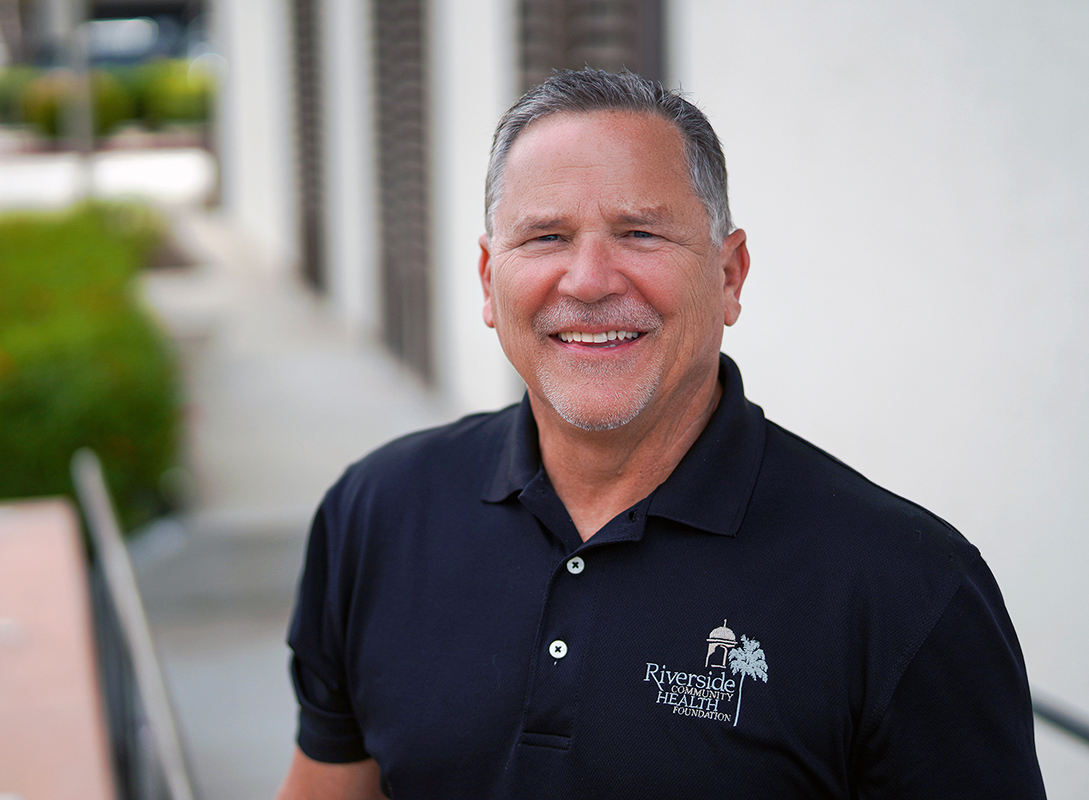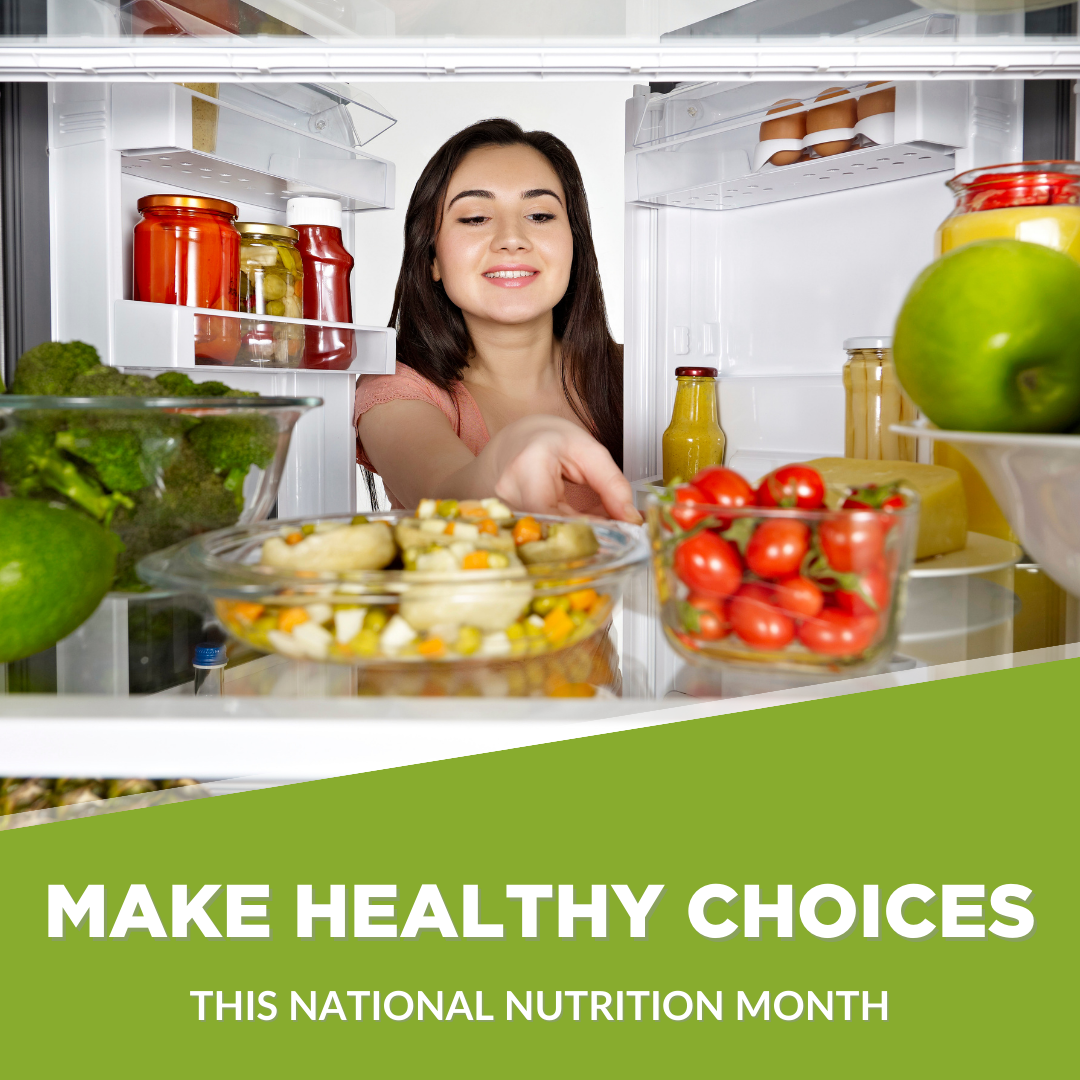A new variant of coronavirus has emerged and it's leaving us with a whirlwind of emotions and questions. Here’s what we know so far.
The World Health Organization (WHO) classified Omicron as a variant of concern (VOC) in November.
According to the CDC, VOC’s are a variant for which there is evidence of an increase in transmissibility, or more severe disease. For example, increased hospitalizations or deaths.
Viruses are constantly changing, mutating, and developing new characteristics. Since COVID-19, variants such as Delta (the main variant spreading throughout the U.S.) and Omicron have emerged.
A case of the Omicron variant has been confirmed in San Bernardino County, however, none have been reported in Riverside County.

The CDC recommends several ways to fight the Omicron variant.
Vaccines. Researchers are still learning more about Omicron, however, vaccines are the best way to protect people from COVID-19, slow the spread and reduce new variants. The CDC recommends everyone five years and older to get a COVID-19 vaccine and everyone 18 years and older to get a booster dose.
Masks. Wearing your mask regardless of vaccination status is an effective way to protect yourself against all variants. A mask mandate is in place at least until January 15 in California due to the rapid spread of Omicron.
Tests. There are two tests that determine a current infection, nucleic acid amplification tests (NAATs) and antigen tests. It’s always best to know your status if you feel you may have been exposed.

This isn’t easy news to hear. As some of us were adjusting to a new “normal”, learning of a new variant entering the U.S. can feel overwhelming. Let’s remember to take care of ourselves.
Take time to unplug from updates around COVID-19. It’s OK to spend time away from the alerts on your phone and news specials updating you about COVID-19. Try setting a boundary: “I will not engage with updates about COVID after 6pm.”
Take care of your body. Getting plenty of sleep, eating a variety of fruits and vegetables, drinking plenty of water and even meditating are all ways to take care of yourself. Consider participating in one of our virtual yoga classes.
Lean on your community for support. Your community can comprise of friends, family members or even your neighbors. Call someone you trust and connect with them about your feelings to help you better cope with stress due to COVID-19.
We are here for you.
COVID-19 will not stop our support in your journey towards health. Whether you want to increase your physical activity or learn more about eating healthy, we are here to support you.




